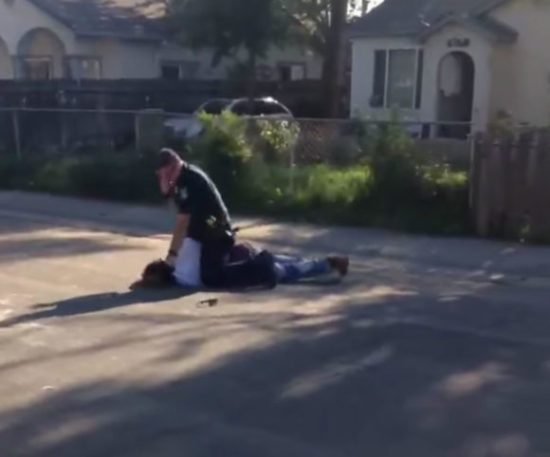The concept of "jaywalking" has become deeply embedded in American culture, but if you go back just a few generations, the idea that your mere presence in the street could be illegal was a novel idea. Now one elected official in Seattle is suggesting that laws penalizing people outside of cars have gone too far.
As University of Virginia historian Peter Norton describes in his book Fighting Traffic, city dwellers a hundred years ago resisted ceding streets to motorized traffic. It took a concerted propaganda effort by vehicle manufacturers and other automotive interests in the 1930s to create the conditions where cars could dominate urban streets. The popularization of the term "jaywalker" ("jay" was a slur that essentially meant "hillbilly") was a pivotal development in the effort to transform how people viewed their right to the street, and to deflect blame for traffic carnage away from motorists.
Today jaywalking statutes not only limit the legal right of way for people on foot, they're also a pretext for aggressive police stops, and the laws are not applied equally. In Seattle, reports Dyer Oxley at MyNorthwest, people of color receive a disproportionate share of jaywalking tickets.
Now one council member is taking a hard look at the city's jaywalking ordinance and whether it does more harm than good:
At the council’s Monday briefing, Councilmember Lorena Gonzalez said she is looking into the city’s jaywalking laws and would like to have a “better understanding of whether these jaywalking ordinances actually accomplish a public safety purpose.”
“In my view, I don’t think having jaywalking ordinances actually deter people from jaywalking,” said Gonzalez. “I think that my theory … is probably supported by literature and scientific evidence and I’m going to endeavor to find that information.
“I do have questions about whether we should be criminalizing jaywalking at all,” she added.
It is unclear exactly what Gonzalez aims to do about Seattle jaywalking laws, whether it’s abolishing or decriminalizing them. But it is clear that she wants to get the conversation started.
Oxley reports that Council President Bruce Harrell said he would "push back" against changes, but at least one other council member wants to join Gonzalez in reforming the law.
More recommended reading today: Pricetags explains how Boston's new pedestrian-friendly signal timing makes "beg buttons" obsolete. And the Indianapolis Star reports that the Mayor of Carmel, Indiana, wants to convert suburban office parking lots into "little villages."




